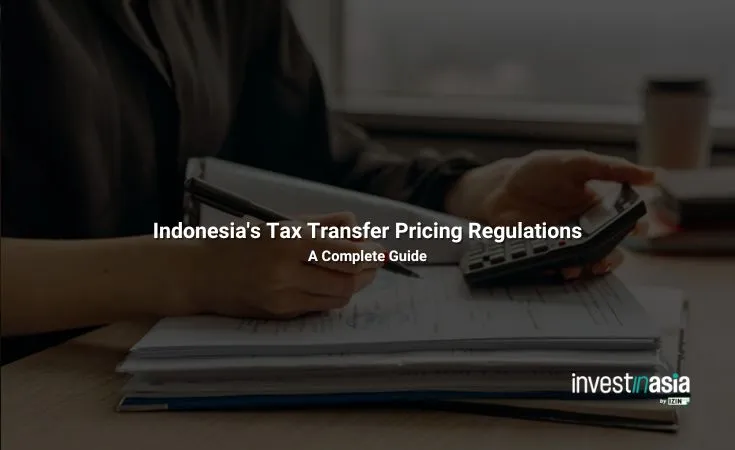Indonesia’s tax transfer pricing regulations are a key concern for multinational companies operating in the country. With a strong focus on compliance and documentation, Indonesia enforces strict transfer pricing rules to prevent profit shifting and ensure fair taxation. This guide covers essential aspects of Indonesia’s transfer pricing framework, helping businesses navigate regulatory requirements efficiently.
What is Transfer Pricing?
Transfer pricing involves setting prices for transactions between affiliated entities within a multinational corporation. These transactions can include goods, services, intellectual property, and financial arrangements. The aim is to ensure that transactions are conducted at arm’s length—meaning they reflect market value, as if between independent parties.
Also read: Tax Buoyancy in Indonesia: A Key Indicator of Tax Revenue Performance
Indonesia’s Transfer Pricing Regulations


Legal Framework
Indonesia’s transfer pricing rules are primarily governed by:
- Income Tax Law No. 36 of 2008 (as amended)
- Minister of Finance Regulation No. 213/PMK.03/2016 on transfer pricing documentation
- Director General of Taxes Regulation No. PER-43/PJ/2010 (and its amendments) on transfer pricing guidelines
- OECD Transfer Pricing Guidelines, which Indonesia adopts in principle
Arm’s Length Principle
Indonesia adheres to the arm’s length principle (ALP), requiring that related-party transactions be priced as if they were conducted between unrelated parties. The ALP is assessed using various transfer pricing methods, including:
- Comparable Uncontrolled Price (CUP)
- Resale Price Method (RPM)
- Cost Plus Method (CPM)
- Transactional Net Margin Method (TNMM)
- Profit Split Method (PSM)
Also read; Carbon Tax in Indonesia: A Key Step Towards a Greener Economy
Transfer Pricing Documentation Requirements
Under PMK-213/2016, taxpayers engaged in related-party transactions must prepare and maintain detailed transfer pricing documentation, including:
- Master File – Provides an overview of the multinational group’s global business operations.
- Local File – Contains detailed information on the Indonesian entity’s transactions with related parties.
- Country-by-Country Report (CbCR) – Required for multinational enterprises (MNEs) with consolidated group revenue exceeding IDR 11 trillion.
Advance Pricing Agreements (APA)
To reduce transfer pricing disputes, Indonesia offers Advance Pricing Agreements (APAs), allowing taxpayers to agree on pricing methodologies with the tax authorities in advance. APAs can be unilateral, bilateral, or multilateral, providing greater tax certainty.
Also read: Tax Incentives in Indonesia: Key Benefits and Opportunities
Transfer Pricing Audit and Penalties
The Directorate General of Taxes (DGT) actively audits companies to ensure compliance with transfer pricing regulations. Non-compliance can lead to:
- Adjustments in taxable income
- Interest penalties on underpaid tax
- Potential double taxation risks
- Reputational damage and legal consequences
Key Considerations for Multinational Companies


- Proper Documentation: Ensure that master files, local files, and CbCR reports are well-prepared and submitted on time.
- Consistent Pricing Policies: Maintain a uniform approach across jurisdictions to avoid discrepancies.
- Proactive Engagement with Tax Authorities: Consider APAs to minimize disputes and ensure compliance.
- Regular Review of Transactions: Periodically assess transfer pricing strategies to align with updated regulations.
Also read: Tax Treaty Indonesia: Countries List and Complete Guide
Indonesia’s transfer pricing regulations demand strict compliance, transparency, and proper documentation. Multinational businesses must implement robust transfer pricing strategies to avoid penalties and disputes with tax authorities. Staying informed about regulatory changes and engaging with tax experts can help businesses maintain compliance and optimize their tax positions.
If you need further assistance, you can rely to InvestinAsia’s Indonesia tax consultant and compliance services.
Our experienced team of professionals is ready to assist you in every tax matter, such as:



